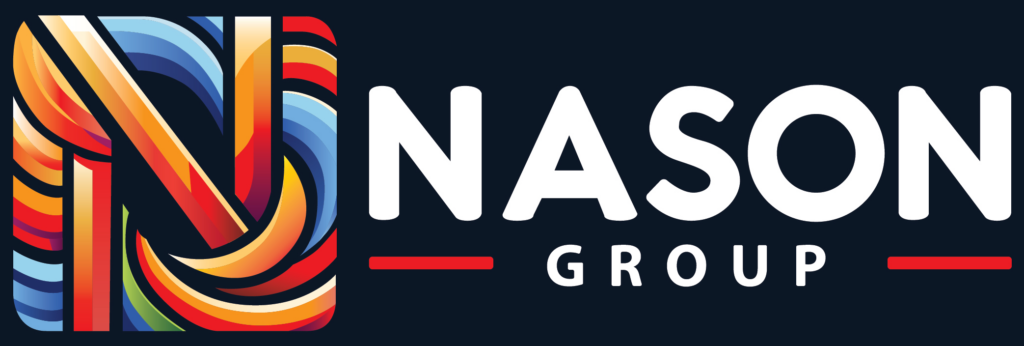Mindset 2: Authenticity Before Action
In August, astronauts safely splashed down in the Gulf of Mexico, completing NASA’s first successful mission in partnership with a commercial space flight company, Elon Musk’s SpaceX.
It was a bright spot for all of us worried about what shoe might drop next in this year of disasters. And it offered a lesson in a long-overdue shift toward a collaborative culture at the space agency.
That sort of culture was missing in 1986, when the Space Shuttle Challenger exploded on takeoff. The proximate cause was O-rings that had lost their elasticity in extreme cold, but the root cause was NASA’s failure to review all available information before making their launch decision. The commission that reviewed the disaster uncovered “a serious flaw in the decision-making process leading up to the launch.â€
According to David Epstein’s bestselling book Range, NASA displayed a wall plaque that read, “In God We Trust, All Others Bring Data.†An astronaut recalled how the meaning of that plaque applied to the culture: “We’re not interested in your opinion on things. When you have data, we’ll listen…†A Nobel laureate who investigated the Challenger disaster said, “When you don’t have any data, you have to use reason.â€
Sounds good, right? But a respondent to a survey on NASA culture around the time of the next disaster—Columbia in 2013—said, “Fear of reprisal still strong if you challenge central management.†So much for listening to people with data and reason.
An organizational culture that doesn’t allow for authenticity can lead to all kinds of disasters. Most aren’t as epic as space shuttle crashes, but they are nonetheless critical failures in determining the next action steps.
Authenticity Before Action
In examining NASA’s safety culture, researchers noted that a connection between organizational and technical performance was crucial for estimating the likelihood of catastrophic failures (Roe & Schulman, 2008).
Organizations create optimal systems and processes, yet it’s in-the-moment decisions about those procedures that matter.
Would your teams pass the organizational-performance test? Do they consider all the voices in the room or just the ones with the best PowerPoints and Venn diagrams?
Honoring Truth and Authenticity
Truth and authenticity must come before processes and policies. Relationships should matter more than rank. To succeed in disrupting the status quo, you must first disrupt your own culture of decision-making and communication dissemination. Does everyone feel heard? Do they believe they matter?
“What are we communicating about the validity of a person’s existence if they can’t be who they are?†That’s what the Harvard Business Review asked in a story on authentic workplaces.
Truly authentic workplaces value people as their best selves, and they work to help empower employees to be their best. They honor diversity not only in people’s demographic makeups but also in their mindsets.
Truly authentic workplaces allow everyone to have a voice, to disagree, to enjoy the fulfillment of their work, and to feel their natural selves. Effective organizations are “willing and able to leverage the wide differences among their people.†Not just tolerate but leverage.
Authenticity-first actions and decisions aren’t always predictable or neat. Sometimes they’re messy and uncomfortable. But they’re necessary, and they lead to transformational change.
Researchers from Fox School of Business explored how workplaces can enable authenticity. They found that an organization’s culture could help and hinder a person’s authentic expression. To live authentically at work, individuals need support from both managers and peers. Most importantly, they need to feel safe in their authentic expression; fear of judgment or reprisal, along with lack of acceptance, discourages authenticity.
Enabling authenticity means much more than dropping your strict dress code or letting employees bring their pets or tattoos to work and their plus-ones to happy hours. It’s about creating a safe environment where authenticity is rewarded and where the potential rewards of telling the truth or being their own truth outweigh the consequences. It’s about saying, “In God and people we trust, because everyone has opinions we need to hear.â€
